Defining Excellence in Tele-Critical Care
Search our glossary to find definitions for words, phrases and acronyms related to tele-critical care services and ICU support. You may click on the first letter of the word or start typing in the search field to find what you’re looking for.



